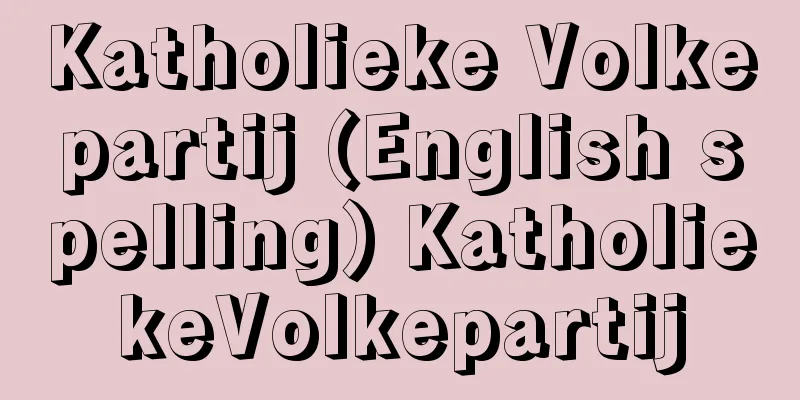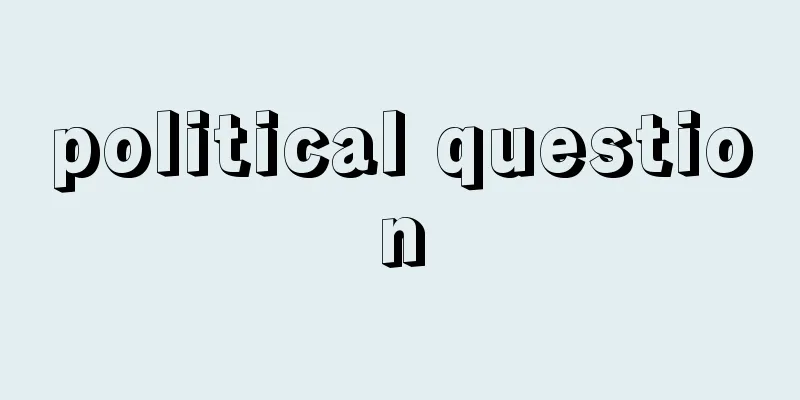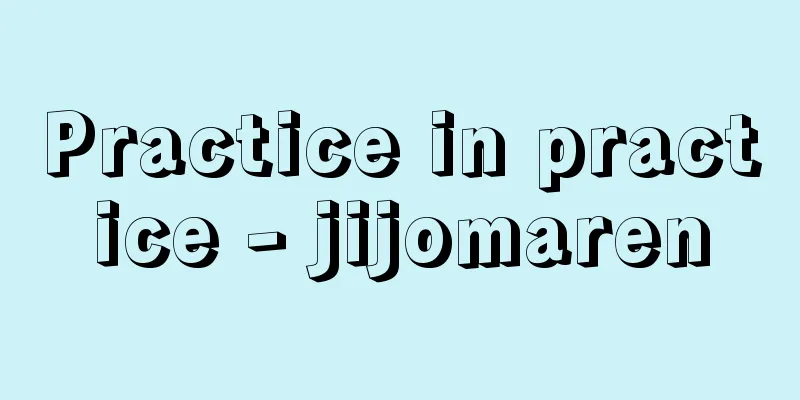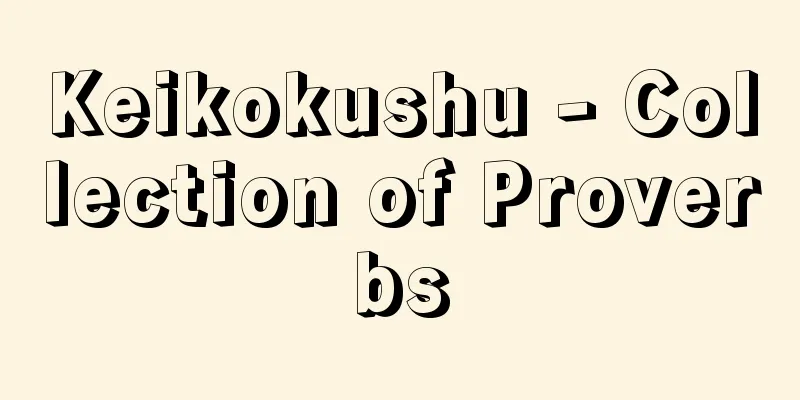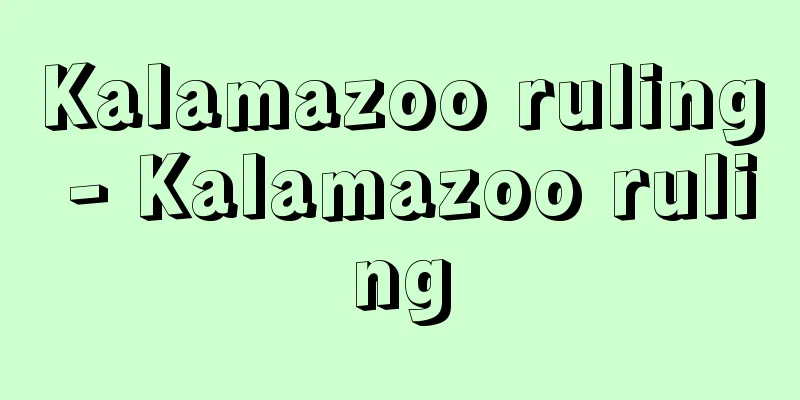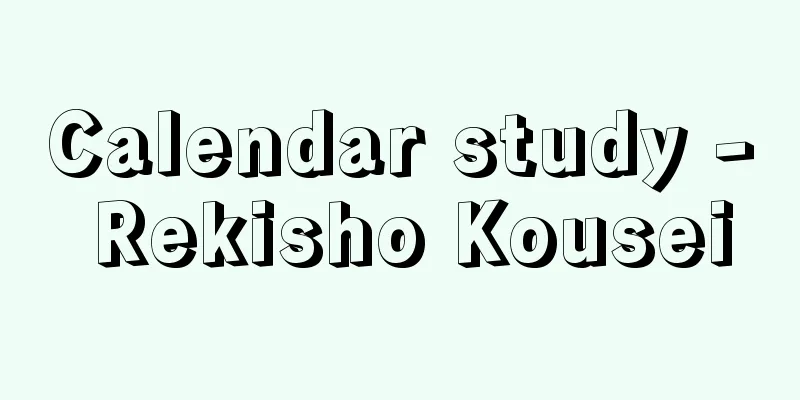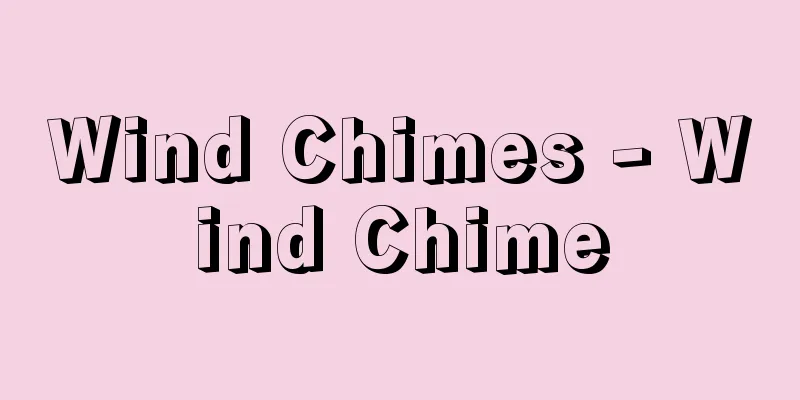Parliamentary Testimony Law - Giinshogenho
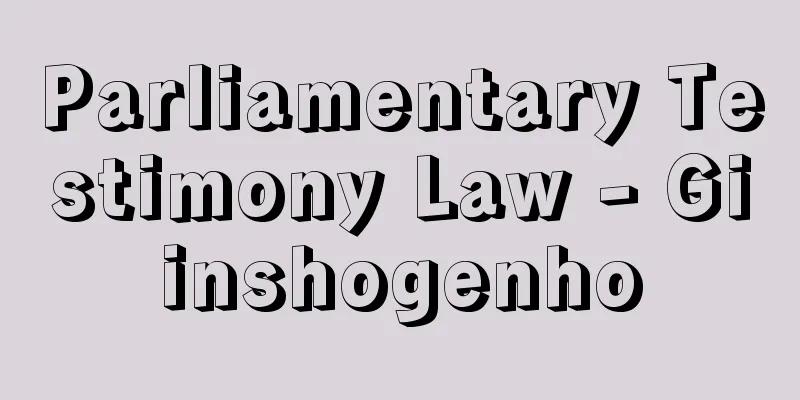
|
This law (Law No. 225 of 1947) was enacted to give effect to the House's power of investigation into national affairs guaranteed by the Constitution (Article 62). Its official name is the "Law Concerning Witness Oaths and Testimony in the House of Representatives," and it applies to all those who are called upon by the House to appear as witnesses or submit documents. Witnesses who appear must testify truthfully under oath. Exceptions to this rule include: In the early days of its implementation, this law was not actively used for a time after a civilian who had been summoned to testify committed suicide, but following the oil shock of 1974 and the Lockheed scandal of 1976, the purpose of the power to investigative government affairs was no longer limited to "legislative activity in the narrow sense," and the system came to be seen as serving the sovereign people's "right to know" (Article 21 of the Constitution), and opportunities for its implementation increased. However, in a democratic system based on "politics of numbers," it cannot be said that the law has been implemented in line with the expectations of the people when it comes to issues involving the majority party, and the weaknesses of this law have not been overcome. This law was criticized for disrespecting the human rights of witnesses, and prohibited photography and television broadcasting of testimony, but in response to strong requests from the media, it was reinstated as a permission system. In 1988, a system was established (Article 1-4, Law No. 89 of 1988) allowing the presence of a lawyer and providing advice on refusing to testify, and the law has continued to evolve. However, there are still many issues with its implementation, such as a lack of thoroughness in pursuing official secrets, an investigative ability that does not allow further pursuit if a witness answers "I don't remember," and the elimination of methods of intentionally forcing someone to give false testimony and holding them responsible. [Takao Sasaki] [References] | | | | |Source: Shogakukan Encyclopedia Nipponica About Encyclopedia Nipponica Information | Legend |
|
憲法(62条)に保障された議院の国政調査権に実効力を与えるため制定された法律(昭和22年法律第225号)。正式には「議院における証人の宣誓及び証言等に関する法律」と称し、議院から証人として出頭あるいは書類の提出を求められたすべての人に適用される。出頭した証人は宣誓したうえで真実を証言しなければならない。例外的に証言を拒絶できるのは、 本法は、運用の初期に、証人喚問した民間人が自殺したことを受けて、積極的には活用されない時期もあったが、1974年(昭和49)のオイル・ショック、1976年のロッキード事件をきっかけに、国政調査権の目的を「狭義の立法活動」に閉じ込めず、制度を主権者国民の「知る権利」(憲法21条)に仕えるものととらえるようになり、運用される機会が増した。しかし、「数の政治」を基調とする民主制のもとでは、多数党がかかわる問題に対しては、国民の期待に沿う運用がなされているとはいいがたく、本法の弱点を克服できたわけではない。 本法では、証人の人権軽視が指摘され、証言中の写真撮影やテレビ中継を禁止したものの、マスコミの強い要望を受け入れ、許可制として復活した。また、1988年には、弁護士の同席を認め、証言拒絶に助言させる制度(1条の4・昭和63年法律第89号)を創設するなど、進化し続けているものの、公務上の秘密に対する徹底しない追及態度、質問に対して「記憶にございません」と返答されると、それ以上は追及しえない調査能力、あるいは意図的に偽証させてその責を問う手法の排除など、運用上の課題も少なくない。 [佐々木髙雄] [参照項目] | | | | |出典 小学館 日本大百科全書(ニッポニカ)日本大百科全書(ニッポニカ)について 情報 | 凡例 |
>>: House Rules - Rules of the House
Recommend
Sialk
Located in the central part of the Iranian plateau...
Tin bronze (English spelling)
…A copper alloy with tin as its main alloying ele...
Yanoama (English spelling)
An Indian group living in the upper reaches of the...
Noyes, JH
…A community founded in Oneida, central New York,...
Commentaries on the Laws of England
…However, his achievements as a judge were not pa...
Air spinning frame; open end spinning frame
Used in the process of twisting to make yarn. A sp...
British North America Act
… [Yuko Ohara]. … *Some of the terminology refere...
Kazukime - Kazukime
Lee Young-ji Iyanji A short story by . Published ...
Evadne tergestina (English spelling)
…[Shigeo Gamou]. … *Some of the terminology expla...
Lyrics - Wrinkles
〘 noun 〙① In China, anecdotes and critiques about ...
sphingomyelin
…When dissolved in water, most of them form micel...
α-Methyldopa - α-methyldopa
...Of the many alpha receptor blockers, prazosin ...
Large White
...They grow quickly and reach about 90 kg at 6 m...
Morning glory city - Morning glory city
The morning glory market is held on the festival ...
Kidoumaru
…He was one of the powerful retainers of Minamoto...
